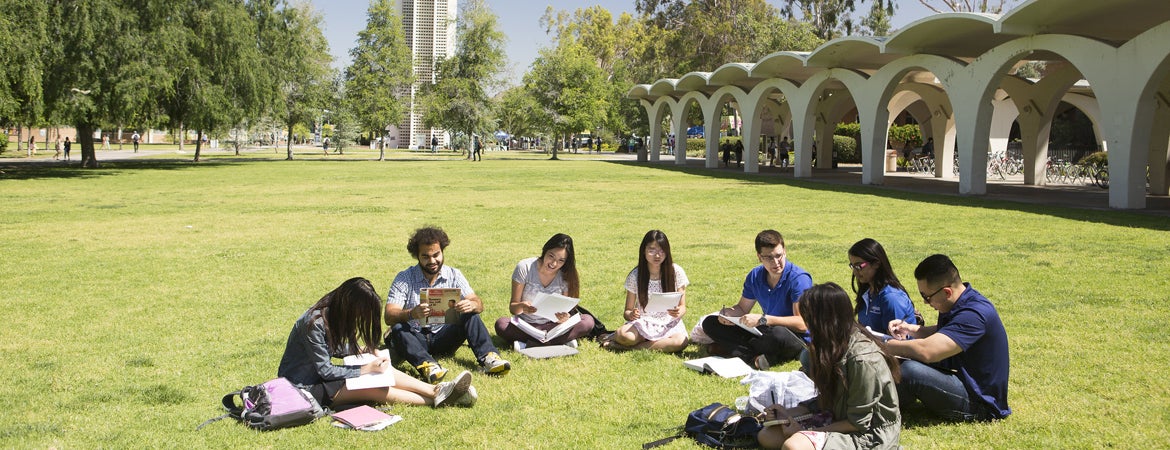Academic Integrity Polices & Procedures
Academic Integrity Policies & Procedures
As a respected research institution, UCR values academic integrity. UCR students should uphold that value, and avoid academic misconduct and its consequences.
To learn more about how UCR addresses academic misconduct, please see the official policy and procedures at Academic Integrity for Students at the University of California, Riverside, as well as Reporting Academic Misconduct, and Sanction Information.
Guidelines & Definitions
The following definitions are found in Section 06.03 Types of Academic Misconduct, in Academic Integrity for Students at the University of California, Riverside.
-
Cheating
Fraud, deceit, or dishonesty in an academic assignment, or using or attempting to use materials, or assisting others in using materials that are prohibited or inappropriate in the context of the academic assignment or capstone in question.
-
Fabrication
In the context of student academic misconduct, fabrication includes making up data or results and recording or reporting them, such as laboratory or field research results completed in courses or academic projects.
-
Falsification
In the context of student academic misconduct falsification is manipulating data or results within an academic assignment so the student’s work is not accurately represented. This also includes falsifying academic or university documents and providing false information or testimony in connection with any investigation or hearing under this policy.
-
Plagiarism
In the context of student academic misconduct, plagiarism is the appropriation of another person's ideas, processes, results, or words without giving appropriate credit. This includes the copying of language, structure, or ideas of another and attributing (explicitly or implicitly) the work to one's own efforts. Plagiarism means using another's work, including your own previous work, without giving credit.
-
Facilitating Academic Misconduct
Assisting others in any form of academic misconduct, such as taking an exam or providing coursework for other student(s) to submit as their own effort.
-
Unauthorized Collaboration
Working with others without the specific permission of the instructor on assignments that will be submitted for a grade. This includes, but is not limited to, in-class or take-home tests, papers, labs, or homework assignments. Students may not collaborate without faculty authorization.
-
Interference or Sabotage
Damaging, removing, or otherwise harming another student's work. This includes interfering with university materials or systems that affect the academic performance of others.
-
Research Non-Compliance
Failure to comply with research regulations such as those applying to human subjects, laboratory animals, intellectual property, licensing, and standards of safety, or any significant departure from accepted practices of the relevant research community.
-
Retaliation
Any type of retaliation against a person who reported or provided information about suspected or alleged misconduct and who has not acted in bad faith.
What happens if I commit academic misconduct?
Academic misconduct results in two types of sanctions:
- You will receive a grade penalty.
Your instructor will assign a grade penalty appropriate for your misconduct. Consequences vary and can range from failing an assignment to losing course credit. - You will receive a disciplinary sanction.
We will assign you a disciplinary sanction appropriate for your misconduct. Consequences vary and can range from completing an educational activity to suspension or dismissal.
You Belong at UCR
All programs, services, and events offered through Student Affairs are open to everyone, consistent with federal and state law and the University of California’s nondiscrimination policies. Whether you’re seeking support, joining a community, or participating in campus life, every effort is made to ensure your experience is inclusive, respectful, and accessible, regardless of background or identity.
To learn more, visit the UC Nondiscrimination Statement or the Nondiscrimination Policy Statement for University of California Publications Regarding Student-Related Matters.
